Uses & Effectiveness
Possibly Effective for
- Carpal tunnel syndrome.?Research suggests that applying flaxseed oil to the wrist twice daily for 4 weeks improves symptoms and wrist function in people with carpal tunnel syndrome who wear a wrist splint at night.
- Foot sores in people with diabetes.?Research shows that taking flaxseed oil twice daily for 12 weeks may help foot ulcers to heal faster in people with diabetes.
Possibly Ineffective for
- Bipolar disorder.?Flaxseed oil doesn’t seem to improve symptoms of mania or depression in children with bipolar disorder.
- Diabetes.?Most research shows that flaxseed oil doesn’t lower blood sugar in people with type 2 diabetes.
- High levels of cholesterol or other fats (lipids) in the blood (hyperlipidemia).Although early research suggested that flaxseed oil might help lower cholesterol, more recent research has not found any benefit.
- Obesity.?Research shows that flaxseed oil doesn’t reduce body weight in overweight adults.
- Rheumatoid arthritis (RA).?Taking flaxseed oil daily doesn’t seem to improve symptoms of pain and stiffness in people with RA.
Insufficient Evidence for
- Hardening of the arteries (atherosclerosis).?There is some evidence that increasing the amount of linolenic acid in the diet can help to prevent hardening of the arteries. Flaxseed oil contains linolenic acid.
- Athletic performance.?Lower-quality research suggests that alpha-linolenic acid, a chemical in flaxseed oil, doesn’t improve muscle strength in older adults.
- Attention deficit-hyperactivity disorder (ADHD).?Early research suggests that taking flaxseed oil in combination with vitamin C might improve attention, impulsiveness, restlessness, and self-control in children with ADHD.
- Breast cancer.?Women who have higher levels of alpha-linolenic acid in their breast tissue seem to be less likely to get breast cancer. Flaxseed oil contains alpha-linolenic acid, so it might protect against breast cancer.
- Burns.?Early research shows that taking flaxseed oil with isolated soy protein might improve the healing of mild to moderate burns. But it might take at least 3 weeks before benefit is seen. And it’s unclear if the benefit is due to flaxseed oil, isolated soy protein, or the combination.
- Heart disease.?Men and women who consume more alpha-linolenic acid in their diet seem to have a reduced risk of having a heart attack. Flaxseed oil is one source of alpha-linolenic acid. It’s unclear if flaxseed oil supplements have any benefit.
- Long-term kidney disease (chronic kidney disease or CKD).?Swelling (inflammation) can occur in people on hemodialysis for CKD. Taking flaxseed oil might help to decrease this swelling.
- Dry eye.?Some early research suggests that taking flaxseed oil might reduce irritation and symptoms of dry eyes in people with a condition called Sj?gren syndrome. Also, using a specific product containing fish oil plus flaxseed oil might reduce symptoms of dry eye and increase tear production.
- Dry skin.?Some research suggests that taking flaxseed oil by mouth might improve dry skin, but other research doesn’t support this.
- HIV/AIDS.?Early research suggests that taking a formula containing arginine, yeast RNA, and alpha-linolenic acid, a chemical in flaxseed oil, improves weight gain, but not immune function in people with HIV.
- High blood pressure.?Some research suggests that taking flaxseed oil can reduce blood pressure and the risk of developing high blood pressure. But other research does not support this.
- Parkinson disease.?Early research shows that taking flaxseed oil plus vitamin E daily for 12 weeks can improve symptoms of Parkinson disease.
- Pneumonia.?Consuming alpha-linolenic acid in the diet seems to be linked to a reduced risk of developing pneumonia.
- A hormonal disorder that causes enlarged ovaries with cysts (polycystic ovary syndrome or PCOS).?Research suggests that taking flaxseed oil for 6 weeks might lower triglyceride and insulin levels in women with PCOS.
- Prostate cancer.?The role of the flaxseed oil ingredient, alpha-linolenic acid, in preventing prostate cancer is unclear. Results from research are conflicting. Some research suggests that high dietary intake of alpha-linolenic acid is linked with an increased risk for prostate cancer. Other research suggests high intake or high blood levels of alpha-linolenic acid is not linked with the overall risk of prostate cancer. However, extra alpha-linolenic acid might make existing prostate cancer worse. The source of alpha-linolenic acid appears to be important. Alpha-linolenic acid from dairy and meat sources has been positively linked with prostate cancer. Alpha-linolenic acid from plant sources, such as flaxseed or flaxseed oil, does not affect prostate cancer risk.
- Anxiety.
- Breast cancer.
- Constipation.
- Enlarged prostate (benign prostatic hyperplasia or BPH).
- Obesity.
- Osteoarthritis.
- Swelling (inflammation) of the vagina (vaginitis).
- Other conditions.
More evidence is needed to rate flaxseed oil for these uses.

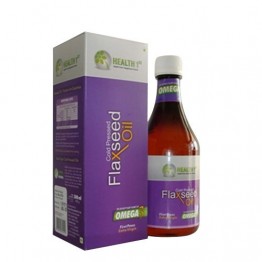
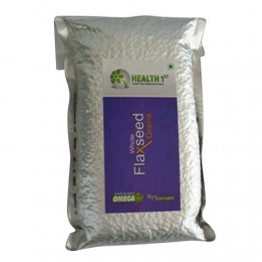
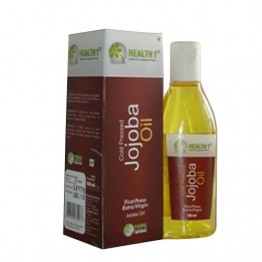
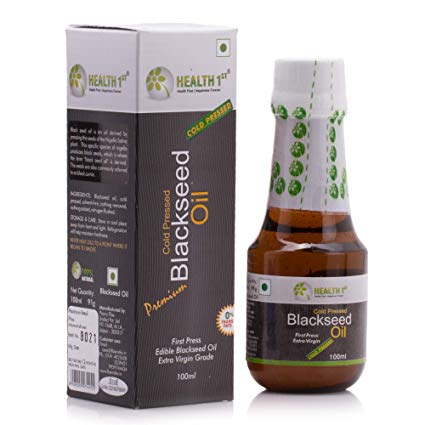
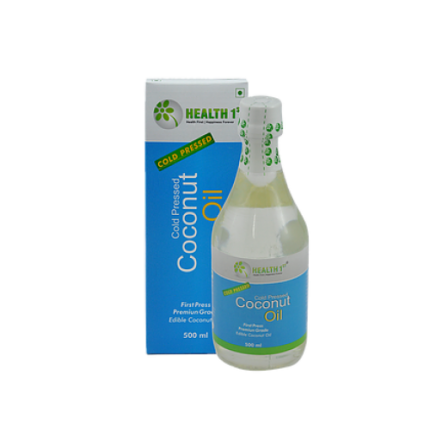
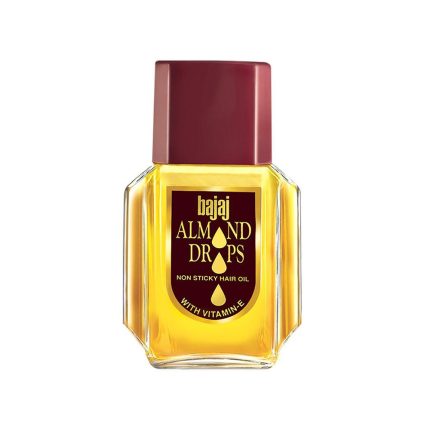
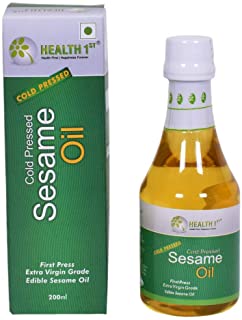
Reviews
There are no reviews yet.